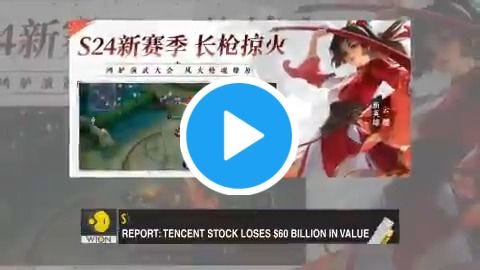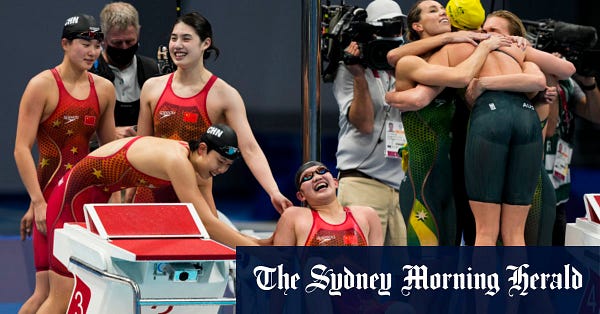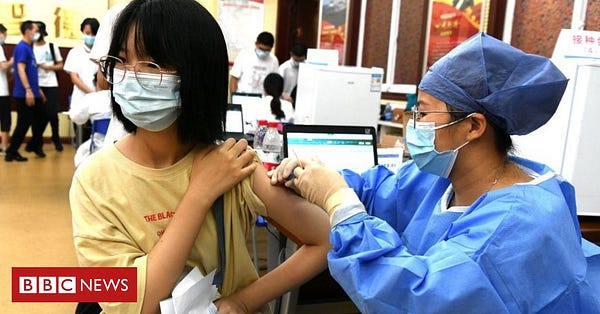A contest between countries isn’t something China is in the mood to lose, and so the Olympics have become a stage on which the international tensions covered here are being exercised. Along with that, the Communist party chill on tech companies, the state of students in Hong Kong and word wars with Australia continue. Read on for the details…
Wins worth more than gold
China is dominating the medal count at the Tokyo Olympics, and that inevitably leads to its Communist party using the attention to display ambitions to dominate the planet in other ways. It included the embassy in Sri Lanka claiming a photo of a weightlifter used by Reuters was meant to humiliate them, although China Daily published it too.
With the Winter Olympics in Beijing just six months away, attention has already shifted to how international journalists might be treated there, especially after all the calls to cancel or boycott those Games. Taiwan and Hong Kong have nonetheless been told by the International Olympic Committee that they will remain welcome to participate.
The addiction to control


Tencent will further curb minors’ access to its flagship video game Honour of Kings after the state-media attack that initially knocked 10 per cent off its stock price. The portrayal of playing as an unhealthy addiction sounded like part of the “techlash” from Beijing—although the criticism was deleted, and then reposted with softer wording.
A blame game’s new wave


The latest Chinese state media attacks on Australia included highlighting the irony of the latter country going into the kind of lockdown that restricts freedom. But it’s not like China has been immune from a new wave of COVID-19: the highest daily case count since January led to authorities seeking teenagers who were unvaccinated:
Back to a surveillance


The state of Hong Kong student unions were scanned by the New York Times in light of clampdowns related to the national security law—their outlook is bleak, much as some of their professors are fleeing. And while universities fear surveillance as a training ground for protest, parents of younger pupils are seeking an escape from the system.
The last words, for now
Sexual assault allegations led to the arrest of Kris Wu in Beijing, which followed another man confessing that he tried to blackmail the Chinese-Canadian pop star. The result is a saga seen as East Asia’s first significant story tied to the #MeToo movement, although it’s also led to reconsidering China’s approach to worshipping celebrities:


The China Letter is produced by the Canadian Freedom Institute, a think tank based in Canada. We produce the China Letter every week to keep you informed and to press the ideas of free markets and free people not only in China but around the world. Please consider donating to keep this newsletter running!









